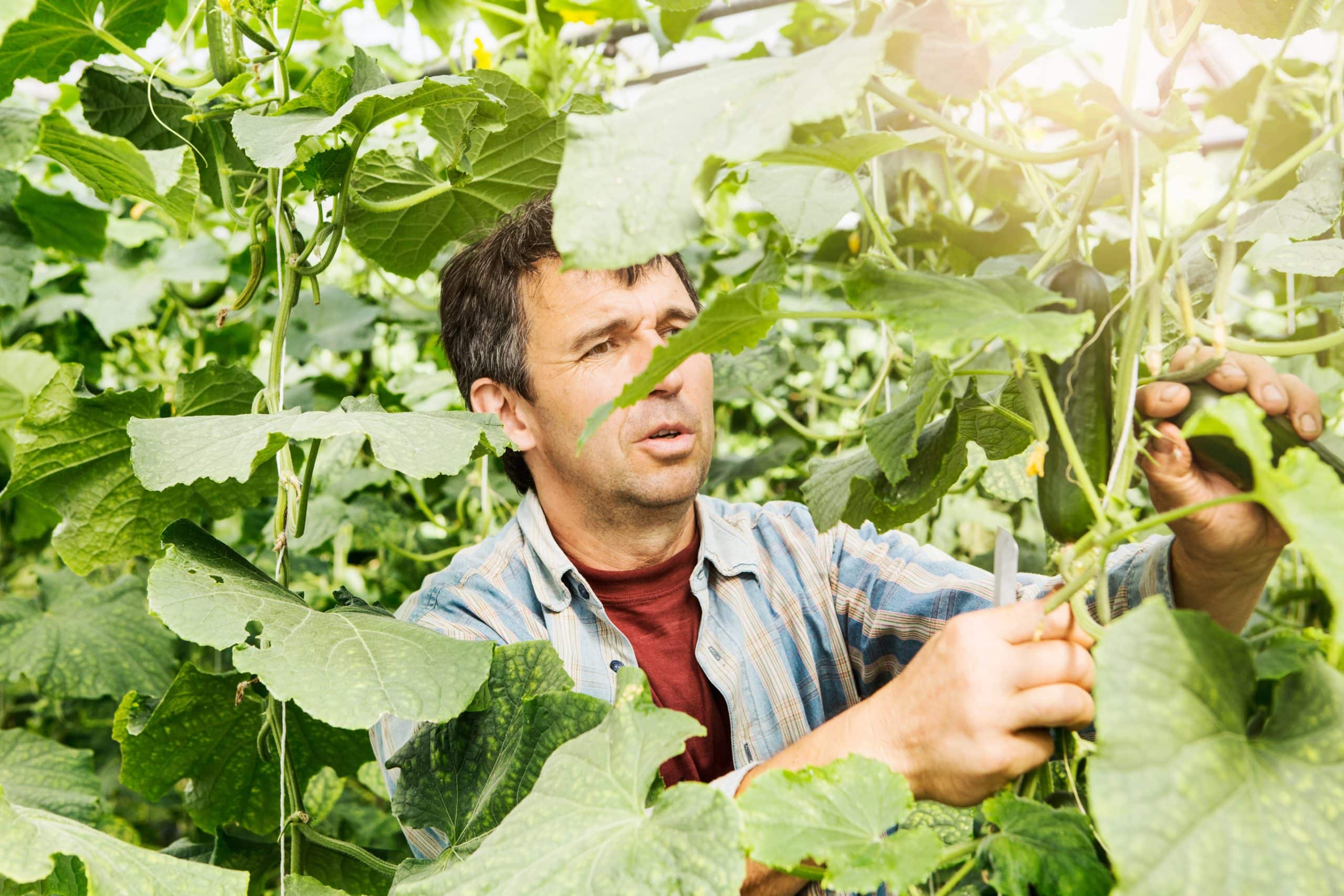As urbanization increasingly takes over the UK’s landscape, community gardens are becoming more prevalent as a means to combat the environmental impact, promote food security, and foster a sense of community. The development of these green spaces isn’t just about planting seeds in the ground. It’s about nurturing the soil to ensure healthy, productive plants. This article guides you through the process of developing a nutrient-rich soil for urban community gardens.
Understanding the Importance of Soil Health
Before you begin toiling away in the garden, it’s essential to understand soil’s role in a garden’s success. Soil isn’t merely a medium to hold plants in place. It is a vibrant ecosystem teeming with organisms that break down organic matter into nutrients that plants need to grow.
En parallèle : What’s the Role of Quantum Encryption in Securing UK’s Online Communications?
Healthy soil promotes diverse plant and animal life, sequesters carbon from the atmosphere, and filters water, making it an essential component for environmental health. Data from Google Scholar and Crossref highlight the significance of soil health in agriculture and environmental conservation.
In an urban setting, creating healthy soil becomes even more critical. The land in urban environments often lacks the natural biological activity found in rural soils. Hence, urban gardeners must take additional steps to improve soil fertility and structure.
Dans le meme genre : How to Enhance Customer Experience with AI in UK’s Retail Banking Sector?
Selecting an Appropriate Compost
Compost is the key to unlocking soil’s potential. It is organic material that has been decomposed and recycled as a fertilizer and soil amendment. Composting helps increase the nutrient content of soils, enhancing their capability to support plant growth.
When selecting a compost for your community garden, consider its source. A high-quality compost should be derived from organic waste, such as food scraps, garden waste, or even livestock manure. It should also be well-rotted and free from any contaminants that could harm your garden.
It’s also vital to ensure that compost is added regularly to the soil. A study published on Google Scholar suggests that continually adding compost to soil increases its organic matter content, which improves soil structure, increases water-holding capacity, and enhances nutrient availability.
Adopting Sustainable Watering Practices
Water is an essential factor in maintaining soil health. It allows nutrients to dissolve and become available for plant uptake. However, when it comes to watering your garden, more isn’t always better.
Overwatering can lead to waterlogged soils, which can suffocate plant roots and promote the growth of harmful fungi and bacteria. Conversely, under watering can stress plants and hinder their growth. Therefore, adopting sustainable watering practices is crucial in maintaining soil health.
Investigate the use of rain barrels for water collection. Not only will this practice conserve water, but it will also reduce your dependence on treated municipal water, which can contain chemicals that can affect soil health.
Choosing the Right Plants
Choosing the right plants can also contribute to soil health. Certain plants, such as legumes, can fix nitrogen from the atmosphere and deposit it into the soil. This process can aid in improving soil fertility and structure.
In the UK, common legumes that can be planted in community gardens include peas, beans, and clover. These plants not only benefit the soil but also provide a source of fresh, organic food for the community.
Fostering a Healthy Community
Lastly, developing a nutrient-rich soil in an urban community garden isn’t just about the right compost, watering practices, or plants. It’s about fostering a healthy community around the garden.
Encouraging community members to participate in garden activities – from composting to planting and watering – can foster a sense of ownership and responsibility towards the garden and the environment. Furthermore, it can serve as an educational platform to raise awareness about the importance of soil health and sustainable agricultural practices.
In conclusion, soil health is fundamental to the success of an urban community garden. It empowers communities, promotes sustainability, and provides a pathway to food security. It is a challenge that requires continual effort, but the rewards are well worth it.
Utilising Soil Testing and Ensuring Soil Safety
Before adding compost or planting, it is essential to have your soil tested, especially in an urban setting. Soil testing is a useful tool that helps you understand the nutrient content and pH level of your soil. It can also help detect any potential contaminants, such as heavy metals, which are frequently found in urban soils due to pollution.
According to a study on Google Scholar, soil contamination is a significant concern in urban agriculture, particularly in community gardens. Regular testing can help monitor the soil’s safety and guide your soil amendment practices. Local extension services, garden centres, or environmental agencies often offer soil testing kits. Depending on the results, you may need to add specific amendments to balance your soil’s pH or nutrient content.
In extreme cases where soil lead contamination is detected, removing the contaminated soil and replacing it with clean, organic matter-rich soil might be necessary. In such scenarios, using raised beds or containers can provide a safer, more controlled environment for urban gardening.
Remember, safety first! Ensuring soil safety is not only crucial for healthy plant growth but also for maintaining the well-being of your community garden members and the safety of the food produced.
Involving Citizen Science in Community Gardens
Including citizen science in your urban community garden is an innovative and engaging way to manage and improve soil health. Involving community members in soil testing, composting, planting, and data collection can provide valuable learning experiences and foster a sense of community and environmental stewardship.
Case studies from Crossref PubMed and Google Scholar show that citizen science programs in community gardens can yield significant benefits. They can contribute to scientific research, enhance environmental education, and promote community engagement.
For example, garden members can be trained to use soil testing kits, record observations about plant growth, and even track beneficial and harmful insects. This data can then be shared with local universities or online databases, contributing to larger studies on urban agriculture, soil health, and food security.
Moreover, incorporating citizen science stimulates curiosity and engagement, turning the community garden into a living laboratory where everyone can learn and contribute. It makes science accessible and fun, bringing the community together and fostering a sense of collective ownership and pride in the garden.
Conclusion
The challenge of urban agriculture lies in its capacity to adapt to an often adverse environment. However, the development of nutrient-rich soil for urban community gardens in the UK is not only possible but can also be a rewarding and communal experience.
Through consistent soil testing and safety measures, strategic use of compost, careful watering, and plant selection, we can enhance our soils’ health. The inclusion of citizen science furthers this effort by promoting community involvement, contributing to larger scientific studies, and enhancing environmental education.
In the end, community gardens are not solely about food production. They are platforms for environmental responsibility, community building, and, of course, nurturing the link between humans and nature. They remind us that even in a concrete jungle, we can create spaces that are alive, productive, and beneficial to both people and the planet.
So, grab a shovel, don your gloves, and let’s get started on creating healthy soils for our community gardens!






